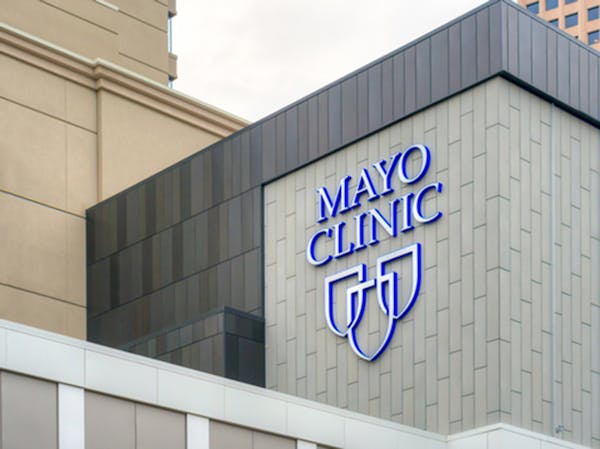 See
more of the story
See
more of the story
Banyan Community, started in a south Minneapolis kitchen of a teacher turned volunteer tutor in 1990, has gotten pretty good at helping low-income minority kids bridge the education and achievement gaps.
The Phillips neighborhood-based nonprofit provides 100-plus working-poor families with free services that range from preschool to after-school programs, counseling and adult education classes for parents.
Banyan serves free evening meals and lets families use washers and dryers so they can study, receive counseling or otherwise be together. There's volleyball, cooking, nutrition classes and even family bingo.
"This is the way you break the generational cycle of poverty," said Dan Farley, a Banyan board member who works for U.S. Bancorp.
Nearby, David Sinchi, 22, a "Banyan kid" since he was a preschooler, volunteers as a homework helper with a crew of youngsters. Sinchi, a first-generation collegian who grew up in Minneapolis, is a senior majoring in electrical engineering at the University of St. Thomas.
"I like giving back to my community," Sinchi said.
Banyan, in 2016, abandoned a church basement to open a $6.4 million facility that includes a gym, study areas, kitchen, dining room and more, which allows the organization, as it slowly expands its $1.65 million budget, to serve up to 125 families and 200-plus kids by 2020.
"We do the wraparound work that's so important with these families," said co-founder Joani Essenburg, who started Banyan in her Phillips home.
Banyan serves a disproportionately minority clientele in a neighborhood where the median household income is $35,000.
That's half the median household earnings of the Twin Cities area.
Most of the families live in poverty and the unemployment rate is about 10 percent, three times that of the metropolitan area.
"Our programs are free," Essenburg said. "Our 'currency' is engagement. Kids need to attend Banyan at least three out of five days to hold their seats. Adults participate in home visits, parent programming and [more]. We build 'social capital.' "
Banyan is funded 98 percent by individuals, businesses and foundations. They see it as a great way to narrow the education and income gaps that plague Minneapolis families of color.
The Essenburgs are Christians but Banyan is not a Christian organization. Several faiths are represented as are people with no religious affiliation.
"We are a community-development organization and open to all in the neighborhood," Essenburg said. "We offer both value-based and faith-based programming and families can choose where to participate."
The four-year graduation rate for Minneapolis students of color in public high schools is less than 60 percent. It's 100 percent for Banyan kids.
Most attend private DeLaSalle High School on partial, need-based scholarships. Others go to area public schools.
Banyan kids do homework, dance, listen to music and read into the evening, sometimes while their parents take English, math or parenting classes. Banyan kids go on field trips, visiting workplaces as well as water parks and lakes. They also volunteer.
Wilder Research concluded in a study earlier this year that society receives $8 in benefits for every $1 invested in a Banyan youth. Banyan invests nearly $47,000 per child over an average of nine years of program participation.
"The total aggregate benefit from the educational achievement of the 66 Banyan youth included in the study is estimated at $4.7 million," the Wilder study concluded. That's based on expected education and earnings levels, and less public assistance and criminality among Banyan kids.
"This translates to $94 million in future benefits from planned program expansion," the Wilder research concluded.
Banyan received the "futures award" this year from the Minnesota Business Partnership because Banyan stakeholders demonstrate collaboration that bridges the "education gap," and that leads to good jobs and increased income.
Minnesota also faces a looming worker shortage that needs more high school graduates ready for work or college.
Essenburg, who is paid about $80,000 a year, dismisses about 5 percent of families; those who refuse to fully engage.
"Banyan works by having youth, family and community linked together in complementary program strategies," she said. "The average investment per child of $47,000 generates a rate of return of 29 percent over the working lifetime of each participating youth [according to the Wilder study].
"In addition … parents of young children are more likely to work while their children are at Banyan. Some parents … further their education or improve English skills, increasing their chances of increased earnings."
Demaya Walton, Banyan's college and career counselor, and a graduate of North High and the University of Minnesota, said nearly 80 percent of Banyan parents lack high school degrees. She works with them and helps families navigate the college admission and financial-aid process.
"I love to leverage my own experience and help Banyan families," she said.
Neal St. Anthony has been a Star Tribune business columnist and reporter since 1984. He can be contacted at nstanthony@startribune.com.





